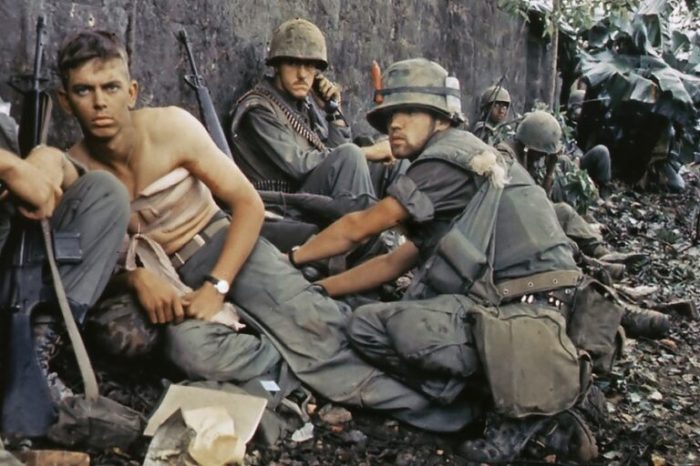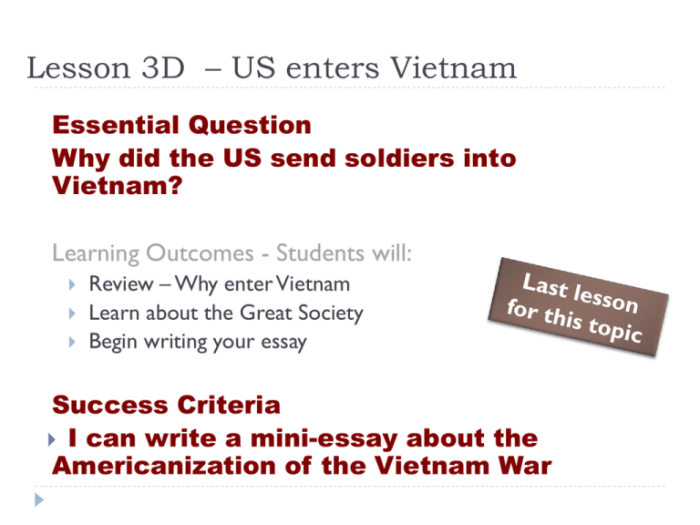Analyze the ways in which the Vietnam War heightened social tensions in the United States, sparking widespread protests, countercultural movements, and political polarization. This essay delves into the profound impact of the war on American society, examining the rise of anti-war demonstrations, the role of music and art in expressing dissent, and the lasting cultural legacy of the conflict.
Social Protests: Analyze The Ways In Which The Vietnam War Heightened Social

The Vietnam War ignited widespread social protests due to a confluence of factors. Growing casualties, questionable motives, and perceived government deception fueled public dissent. Moreover, the war exacerbated racial and economic inequalities, sparking a resurgence of the civil rights movement.
Methods of Protest
- Anti-war demonstrations and marches
- Civil disobedience, such as draft card burning
- Campus protests and sit-ins
- Art and music as mediums for protest
Counterculture and Dissent

The Vietnam War catalyzed a counterculture movement characterized by anti-establishment sentiment, pacifism, and individualism. It expressed itself through:
Music and Art
- Folk and rock music with anti-war themes (e.g., Bob Dylan, Joan Baez)
- Underground newspapers and art depicting the horrors of war
Lifestyle and Values
- Communal living and alternative lifestyles
- Rejection of traditional authority and societal norms
- Exploration of spirituality and Eastern religions
Political Polarization

The Vietnam War deepened existing political divisions and exacerbated the ideological rift between the left and right. It contributed to:
Party Divisions
- Democrats became more associated with anti-war and civil rights movements
- Republicans aligned themselves with support for the war and law and order
Key Figures and Events
- Anti-war candidates (e.g., Eugene McCarthy, George McGovern)
- Kent State shootings and protests
Impact on the Media
The Vietnam War had a profound impact on the media landscape:
War Coverage
- Increased access to war footage and eyewitness accounts
- Scrutiny of government and military reporting
Public Perception, Analyze the ways in which the vietnam war heightened social
- Erosion of trust in government and traditional media
- Rise of alternative and underground news sources
Cultural Legacy
The Vietnam War left an enduring mark on American culture:
Literature and Film
- Anti-war novels and memoirs (e.g., “Catch-22,” “The Things They Carried”)
- War-themed films depicting the horrors and futility of war (e.g., “Apocalypse Now,” “Platoon”)
Music and Art
- Protest songs and albums (e.g., “Blowin’ in the Wind,” “War”)
- Art exhibitions and memorials commemorating the war’s victims
FAQ Section
What were the main reasons behind the rise of anti-war protests during the Vietnam War?
The anti-war protests were fueled by a combination of factors, including opposition to the war’s escalation, concerns about its legality and morality, and growing disillusionment with the government’s handling of the conflict.
How did the war impact the civil rights movement?
The war diverted resources and attention away from the civil rights movement, leading to a slowdown in progress towards racial equality. Additionally, the war exacerbated racial tensions, as many African Americans opposed the war while many white Americans supported it.